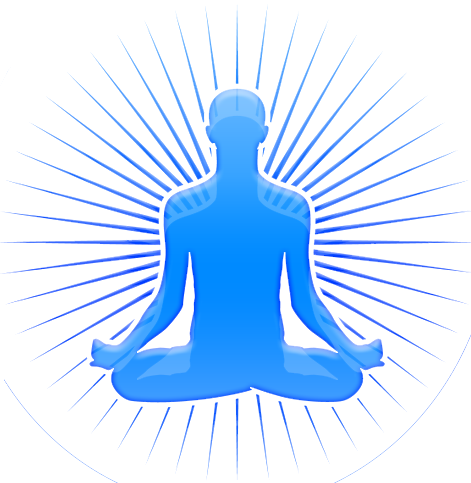Anxiety Headache ?
Anxiety and headaches go hand in hand for many people, but what causes one and how can you treat the other? In this article, we will explore the connection between anxiety and headaches, as well as offer some simple tips on how to relieve both conditions.
What is an anxiety headache?
Anxiety headaches are a type of headache that most commonly affects people with anxiety disorders. They typically occur when anxiety levels reach a critical point and cause the brain to send excessive amounts of blood to the head. This can lead to a headache, neck pain, and other symptoms. Anxiety headaches are also more common in women than in men, and they tend to occur in adults age 30 or older.
There is no one definitive cause of anxiety headaches, but they may be caused by tension headaches, stress, anxiety-related fatigue, and poor sleeping habits. Treatment typically involves treating the underlying cause of the headache, such as addressing any stress or anxiety issues that are causing it. If the headaches aren’t alleviated after treatment, medications such as antidepressants or anticonvulsants may be prescribed.
Causes of anxiety headaches
Anxiety headaches are a common symptom of anxiety, and they can be very frustrating. There are many different causes of anxiety headaches, and it’s not always clear which one is responsible.
One of the most common causes of anxiety headaches is stress. When you’re stressed, your body releases adrenaline and cortisol, chemicals that can cause headache pain. Other causes of anxiety headaches include migraines, tension headaches, and Cluster Headaches.
If you’re experiencing frequent anxiety headaches, it might be helpful to see a doctor. He or she can diagnose the cause and recommend treatment. In some cases, medications can help reduce the symptoms of anxiety headaches.
Tips for preventing anxiety headaches
When it comes to preventing anxiety headaches, there are a few things you can do to help your chances. First and foremost, be aware of the signs and symptoms of an upcoming headache. If you experience symptoms such as muscle pain, sensitivity to light or noise, nausea or vomiting, or dizziness, it’s time to get checked out by a doctor. Secondly, make sure you have a balanced diet and plenty of fluids on hand. By eating foods that are high in potassium and magnesium (like fruits and vegetables), as well as drinking plenty of water, you’ll help reduce the chances of getting an anxiety headache. And finally, keep stress levels at a minimum. By taking some time for yourself each day to relax and destress, you’ll help reduce the likelihood of getting an anxiety headache.
100 Years Ago Headaches And Migraines Were Cured In Seconds So Click The Button Below To Learn These Ancient Home Remedies. Spiritual-Discoveries Continue To Bring Such Spiritual Discoveries .

